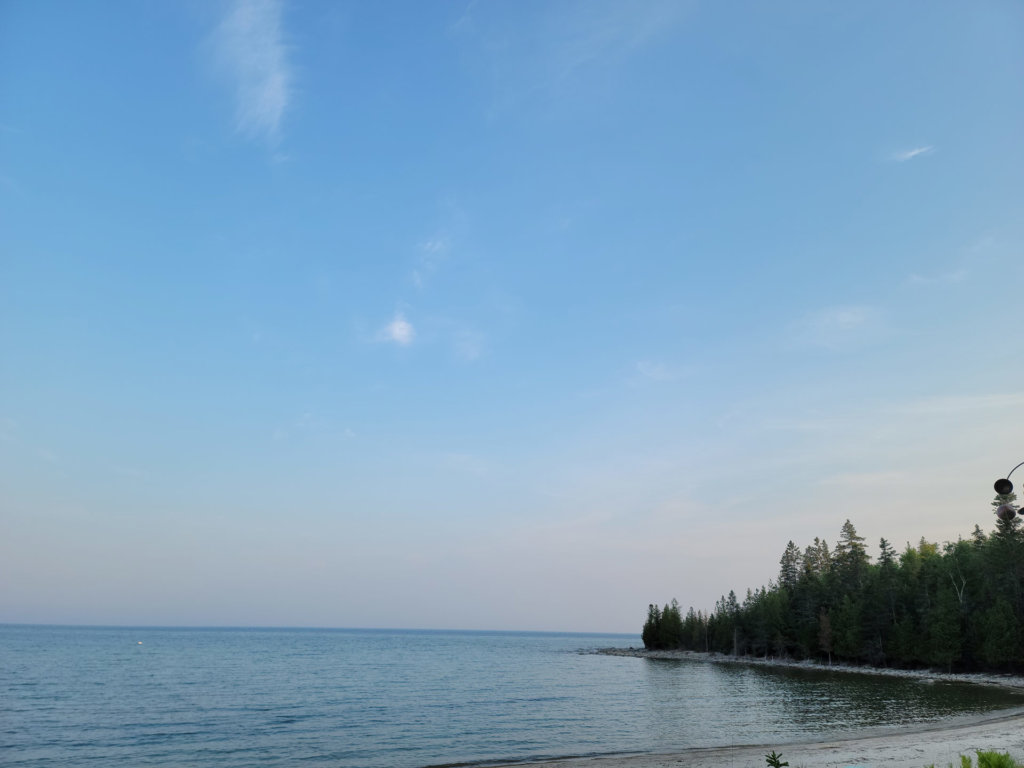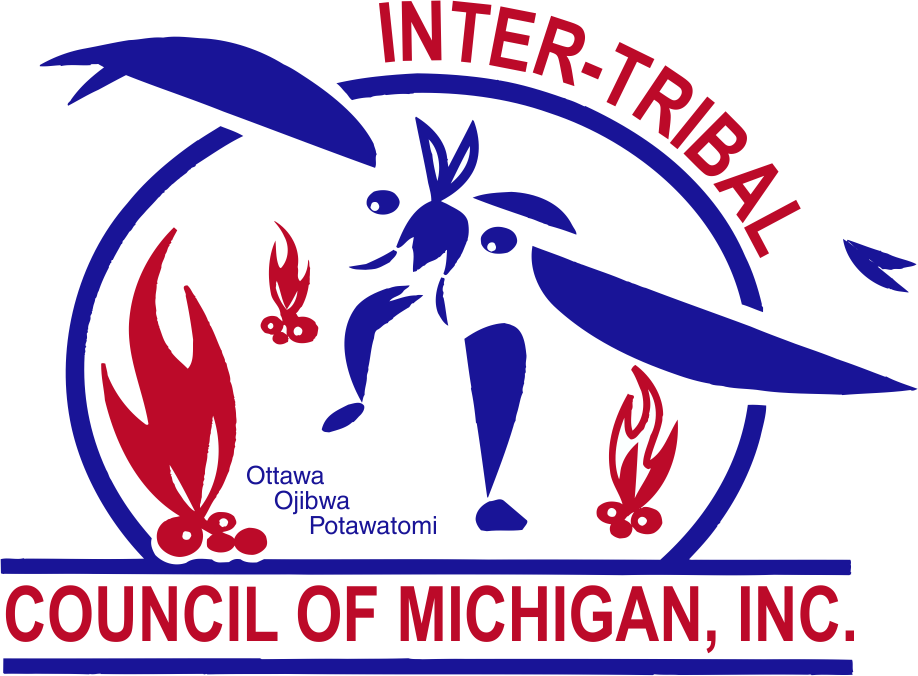Environmental Health and Services
Home » Departments » Environmental Services » Environmental Health and Services
Environmental Health and Services

In general, sanitarians work to prevent or minimize the impact from environmental health issues by evaluating programs and facilities for compliance with relevant health and safety regulations and occurrence of potential environmental health hazards. Regular duties may include: surveying public facilities (i.e. water and sewer systems, restaurants, hotels, hospitals, and swimming pools) for compliance with applicable regulations, codes, or ordinances; investigating disease outbreaks, chemical exposures, and public health nuisances and emergencies; and providing technical assistance and information to members of the general public to assist them in dealing with health and safety issues.
Currently, ITCMI sanitarians conduct annual health and safety surveys of public facilities and programs on tribal lands. The purpose of surveys is to identify potential environmental health and safety issues and recommend potential corrective actions for minimizing or eliminating health and safety risks altogether. Applicable federal health and safety regulations are used as a basis for conducting facility surveys. Facilities regularly surveyed include:
- Hotels
- Casinos
- Swimming pools
- Schools and similar educational institutions
- Head Start facilities
- Public playgrounds
- Campgrounds, RV Parks
- Health Centers
- Elder care and assisted living facilities
- Office spaces and community buildings
- Restaurants, markets, and other food establishments (including powwows and other temporary food events)
After each facility survey or evaluation ITCMI sanitarians will issue a detailed report summarizing the results. Reports are advisory in nature, based on applicable federal guidelines, and offer a recommended corrective action and time frame for resolution of issues observed during the survey. This report is then sent to the appropriate tribal officials so that the recommendations can be resolved to reduce the risk of injury or illness.
Biannual food safety evaluations based on the Food and Drug Administration’s (FDA) Model Food Code are recommended for all permanent and temporary tribal food establishments. Additionally, we offer to conduct plan reviews for new and remodeled food establishments for adherence to National Sanitation Foundation (NSF) standards. Moreover, ITCMI Sanitarians offer diverse training opportunities for food service workers. Bill Bernier is a certified ServSafe Instructor and offers the 8-Hour ServSafe Food Protection Manager certification course to tribal employees. We also offer a basic food safety short course for all tribal members and employees who do not require certification as a Food Protection Manager but are still potentially working with food.
In addition to facility surveys and training, ITCMI Environmental Health Specialists are regularly called upon to offer technical assistance to tribes when dealing with a variety of health and safety issues. Indoor air pollutant assessments (including for mold and associated water damage), cross connection surveys, and sanitary surveys of public water systems are some of the regular duties carried out by ITCMI Sanitarians.
